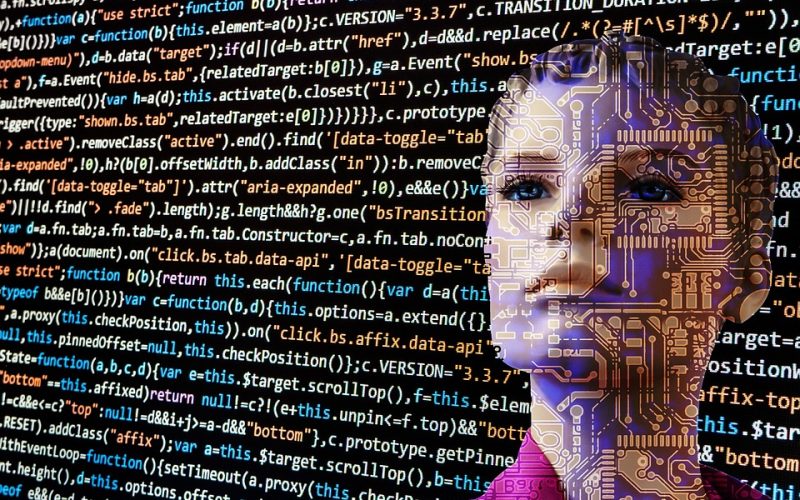One question that arises is the extent to which programmers are responsible for the actions of their software. For example, if a self-driving car malfunctions and causes an accident, should the programmers be held accountable for the software’s error? Or is it the fault of the company using the software? These are difficult ethical questions that require careful consideration.
Another issue to consider is privacy. In our current culture, data is king. Companies collect vast amounts of personal information on their users, which can be used for targeted marketing and other purposes. But what are the ethical boundaries of this practice? Should companies have the right to use our data for any purpose they see fit, or should there be limitations on how this data can be used? And how can we ensure that our data is used responsibly?
There are also concerns about the impact of technology on our society. For example, automation is becoming increasingly prevalent in many industries, leading to job losses and economic uncertainty. How can we ensure that the benefits of technology are accessible to everyone, rather than just a select few? And how can we prepare for a future in which many jobs may be replaced by machines?
Finally, there are concerns about bias in programming. We know that human bias can be introduced into algorithms, resulting in discriminatory outcomes. For example, facial recognition technology has been found to be less accurate for people with darker skin tones, which can have serious consequences. How can we ensure that algorithms are fair and not reinforcing existing biases in society?
There are no easy answers to these complex ethical questions. However, it is important that programmers and tech companies take responsibility for the impact of their work on society and work to ensure that technology is used in a way that is fair, just and equitable. Ethics should be a central consideration in the development of technology, and the industry must be willing to engage in difficult conversations in order to ensure that the benefits of technology are accessible to all.









